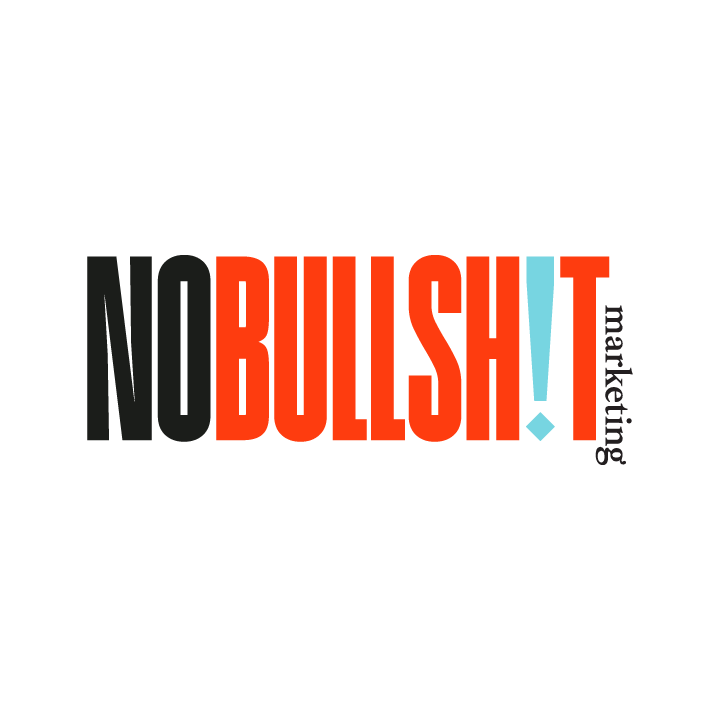Why It's Okay for Your Brand to Evolve
Maybe (probably) your business isn’t the same business it was ten years ago or even five years ago. That’s okay! In fact, it’s a good thing. Embracing brand evolution enables your business to adapt to changing market dynamics, consumer preferences, and technological advancements.
There are several compelling reasons you should let your brand evolve, from staying relevant and competitive to capturing new opportunities and fostering customer loyalty. By allowing your brand to evolve, you are better able to navigate the ever-changing business landscape and ensure your brand remains connected to your target audience.
Convincing Reasons You Should Consider
Changing market dynamics
Markets are dynamic, and consumer preferences, trends, and needs evolve over time. Adapting your brand to these changes ensures that you stay relevant and continue to meet the expectations of your target audience.
Business growth and expansion
As your business grows and expands into new markets or product lines, your brand may need to evolve to accommodate these changes. It allows you to communicate a consistent message across different segments and effectively cater to diverse customer needs.
Competitive landscape
Your brand needs to differentiate itself from competitors to stand out in the market. Evolving your brand enables you to respond to competitive pressures, differentiate yourself, and maintain a competitive edge.
Evolving customer insights
Gathering customer feedback and insights can provide valuable information about their changing preferences and expectations. By adapting your brand based on these insights, you can enhance customer satisfaction, loyalty, and engagement.
Organizational maturity
As your organization matures, your brand may naturally evolve to reflect its growth, values, and accomplishments. It allows you to refine your brand's messaging, visual identity, and customer experience to align with your current state and aspirations.
Innovation and experimentation
Allowing your brand to evolve gives you the flexibility to explore new ideas, products, or approaches, fostering creativity and keeping your brand fresh and exciting.
Authenticity and resonance
A brand that evolves authentically and genuinely resonates with its audience. It shows that your brand is responsive, progressive, and committed to meet evolving needs, thereby building trust and loyalty among customers.
While it's important for your brand to evolve, it's equally crucial to maintain a core set of values and principles that remain consistent over time. Striking a balance between evolution and maintaining brand essence ensures that your brand remains true to its identity while adapting to the changing business landscape.
Remember that brand evolution should be strategic and aligned with your business objectives. Regularly evaluating market trends, gathering customer feedback, and conducting brand audits can help you identify the signs that it's time to evolve your brand and take the necessary steps to ensure its continued relevance and success.
As an Example, Look to the Brands That Did It Right
There are several brands that have successfully evolved over time by adapting to changing market dynamics, consumer preferences, and business strategies. Here are a few notable examples:
Apple: Originally known for its personal computers, Apple successfully transformed itself into a global technology powerhouse with a diverse product portfolio that includes smartphones, tablets, wearables, and digital services. The brand's evolution has been characterized by innovative design, user-friendly interfaces, and a focus on seamless integration across devices.
Nike: Nike, originally known for its athletic footwear, expanded its brand beyond just sports shoes to become a leading global sportswear and athletic equipment company. They successfully positioned themselves as a lifestyle brand, focusing on performance, inspiration, and the empowerment of athletes and fitness enthusiasts.
Starbucks: Originally a single coffee shop, Starbucks has grown into an international coffeehouse chain known for its premium coffee and unique customer experience. The brand has expanded its offerings to include a variety of beverages, food items, and merchandise while maintaining its commitment to quality and community engagement.
Microsoft: Microsoft, initially focused on software development, has evolved into a diversified technology company offering a wide range of products and services. They expanded their portfolio to include hardware (e.g., Xbox gaming consoles, Surface devices) and cloud computing services (Azure), catering to both consumer and enterprise markets.
LEGO: LEGO, known for its iconic interlocking plastic bricks, successfully reinvented itself from a struggling toy company to a global brand through product diversification, licensing partnerships (e.g., Star Wars, Marvel), and expansion into digital media and entertainment experiences.
Amazon: Initially an online bookstore, Amazon has evolved into the world's largest e-commerce platform offering a wide range of products and services. The brand's continuous expansion into new markets, such as cloud computing (Amazon Web Services) and streaming services (Amazon Prime Video), demonstrates its ability to adapt and innovate.
These examples highlight the ability of brands to evolve and adapt to changing market dynamics, consumer preferences, and technological advancements. Remember that successful brand evolution involves a combination of innovation, strategic acquisitions, product diversification, and a deep understanding of customer needs and aspirations.
If you feel as if it might be time for your brand to evolve, but you don’t know how to take the next step, reach out to our team and we’ll help guide you to marketing success. Give us a call at 443-679-4916.

